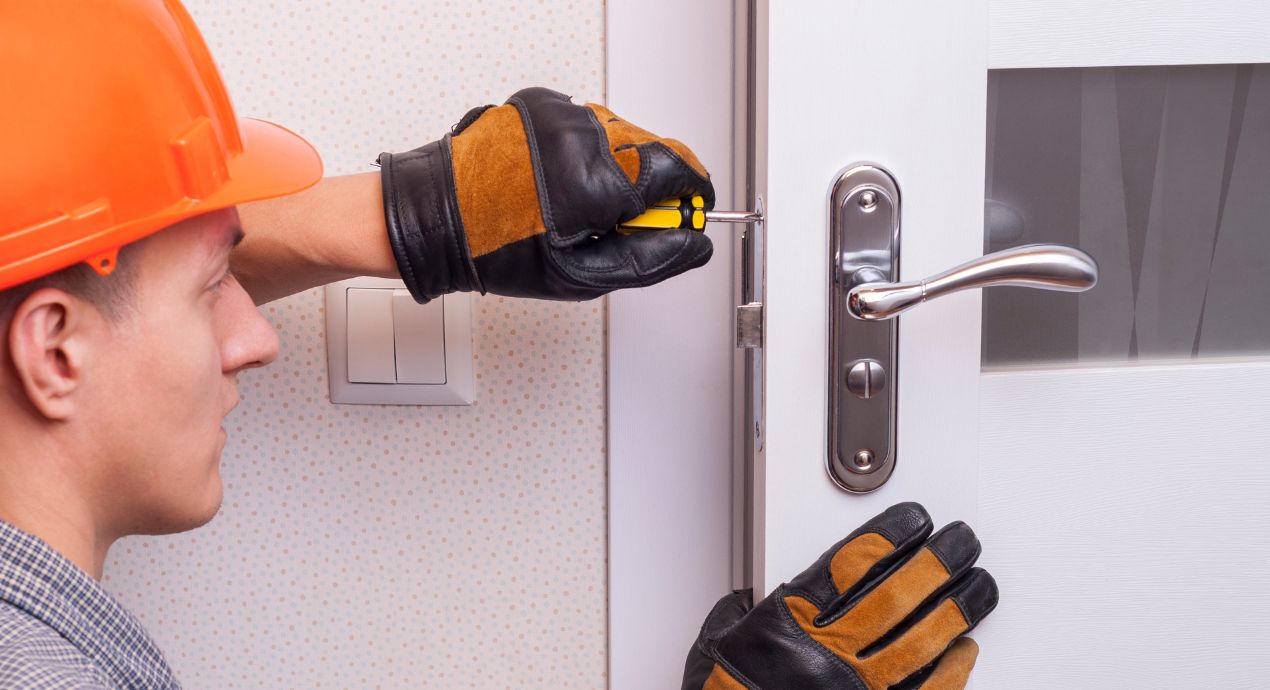
Contemplating coverage?
Subscribe to receive our emails & get
$200 off!
Have questions?
Call us: (833) 544-8273


Written By Clint Bird
Rekeying involves changing your lock’s internal components so that a new key can operate it while the lock hardware remains the same. A locksmith or a skilled DIYer adjusts the pins inside the lock cylinder to match a new key.
Protect What’s Most Important With
Get A Free Quote
America’s #1 Home Warranty
Changing a lock means removing and replacing the old locking hardware with a new one. This process is necessary when the existing lock is damaged or you want to upgrade your home security.
Factor | Rekeying | Changing Locks |
Cost | Lower | Higher |
Time | Faster | Slower |
Security Reset | Moderate | Complete |
Aesthetic Changes | None | Yes |
Smart Lock Option | No | Yes |
Ask yourself the following:
Still unsure? A locksmith can assess your hardware and recommend the best option.
Our home warranty plans often include locksmith services, saving money and providing peace of mind. Whether you need rekeying or a full replacement, we can connect you with trusted professionals.
In most cases, rekeying is a smart, cost-effective solution. But when locks are worn, outdated, or you’re craving modern features, changing them entirely is the better route. Evaluate your needs, budget, and future plans—and don’t hesitate to reach out to Liberty Home Guard to explore how our services can support your home’s security.
Need help with your locks? Contact Liberty Home Guard today to learn about locksmith services covered under our home warranty plans.
There’s a reason Liberty Home Guard was rated the #1 Home Warranty Service by U.S. News and World Report for 2021, 2022, 2023, and 2024. Check out our services.The Best Home Warranty Service
Rekeying modifies the internal pins of a lock so a new key works, while changing a lock involves replacing the entire lock hardware with a new one.
Rekey your locks after moving into a new home, losing a key, or if you want one key to open multiple doors without changing the hardware.
Rekeying a lock typically costs $10–$25 for a DIY kit or $50–$100 per lock when done by a professional locksmith.
Yes, many home warranty plans—like those from Liberty Home Guard—include locksmith services that cover both rekeying and lock replacement.
Stay Ahead of Potential
Home Mishaps!
Subscribe to our Liberty Home Guard Newsletter and gain access to exclusive content that ensures your peace of mind.